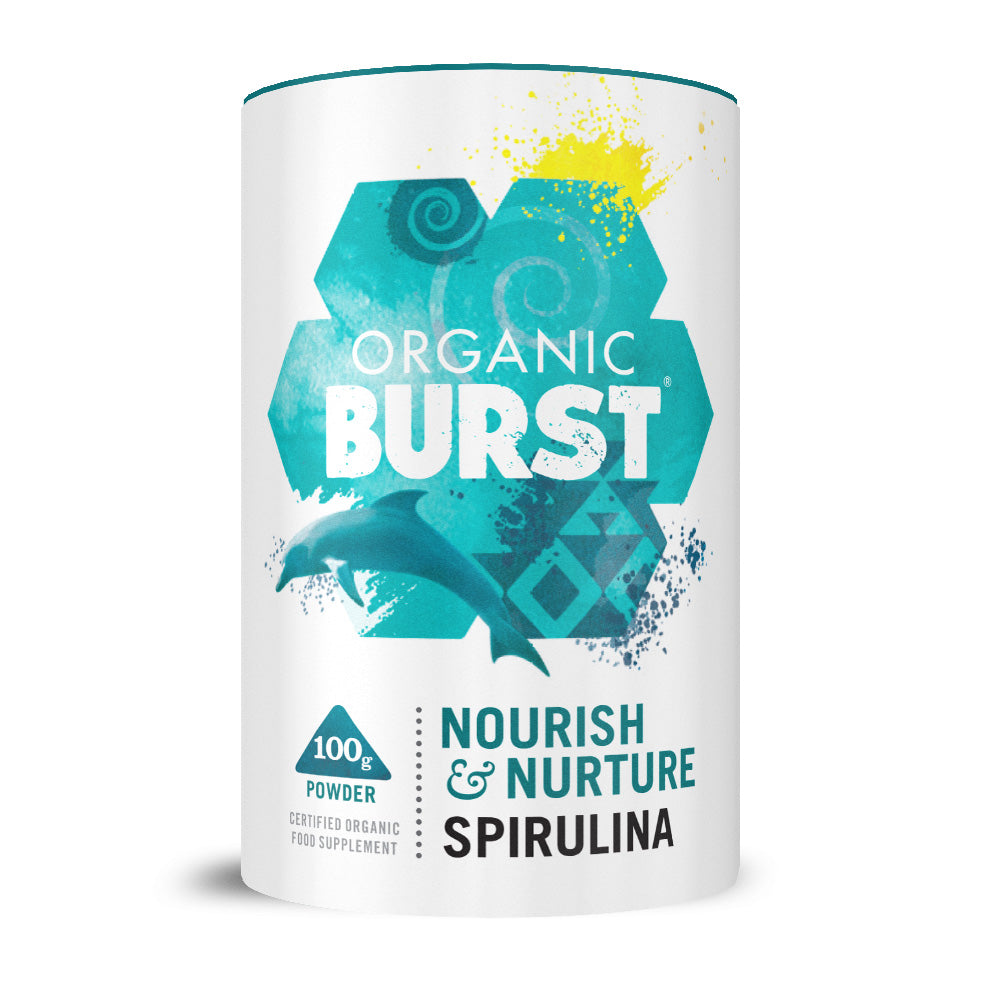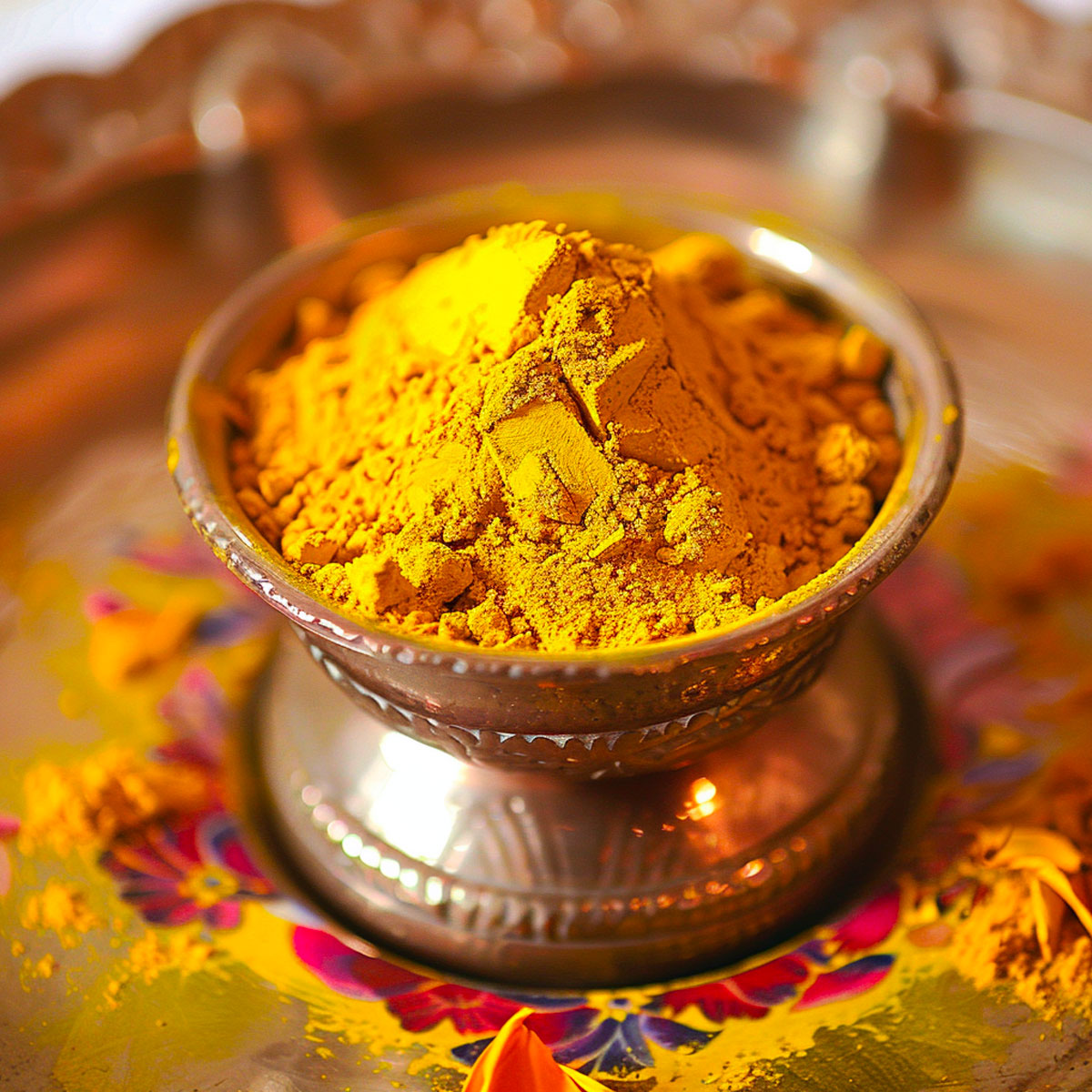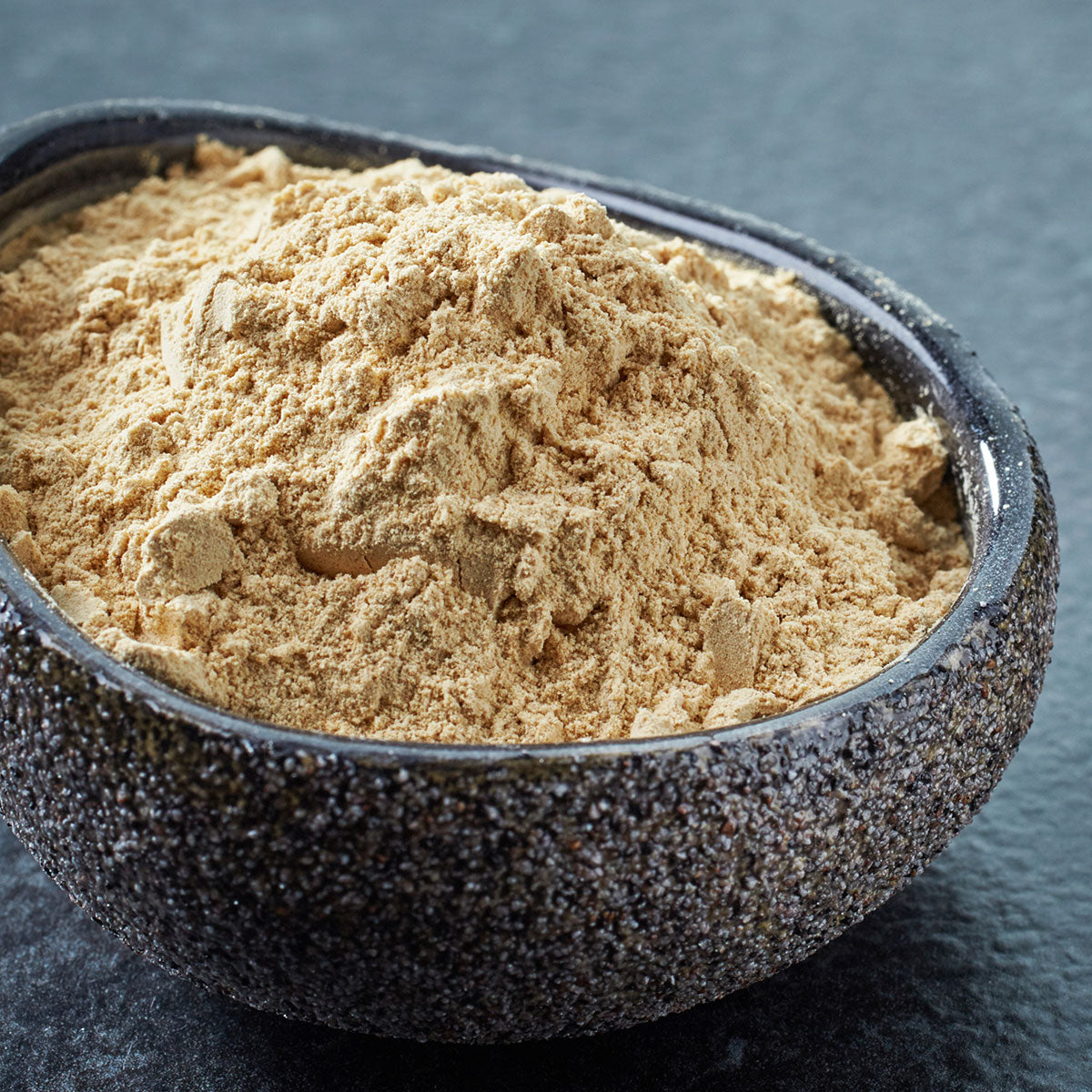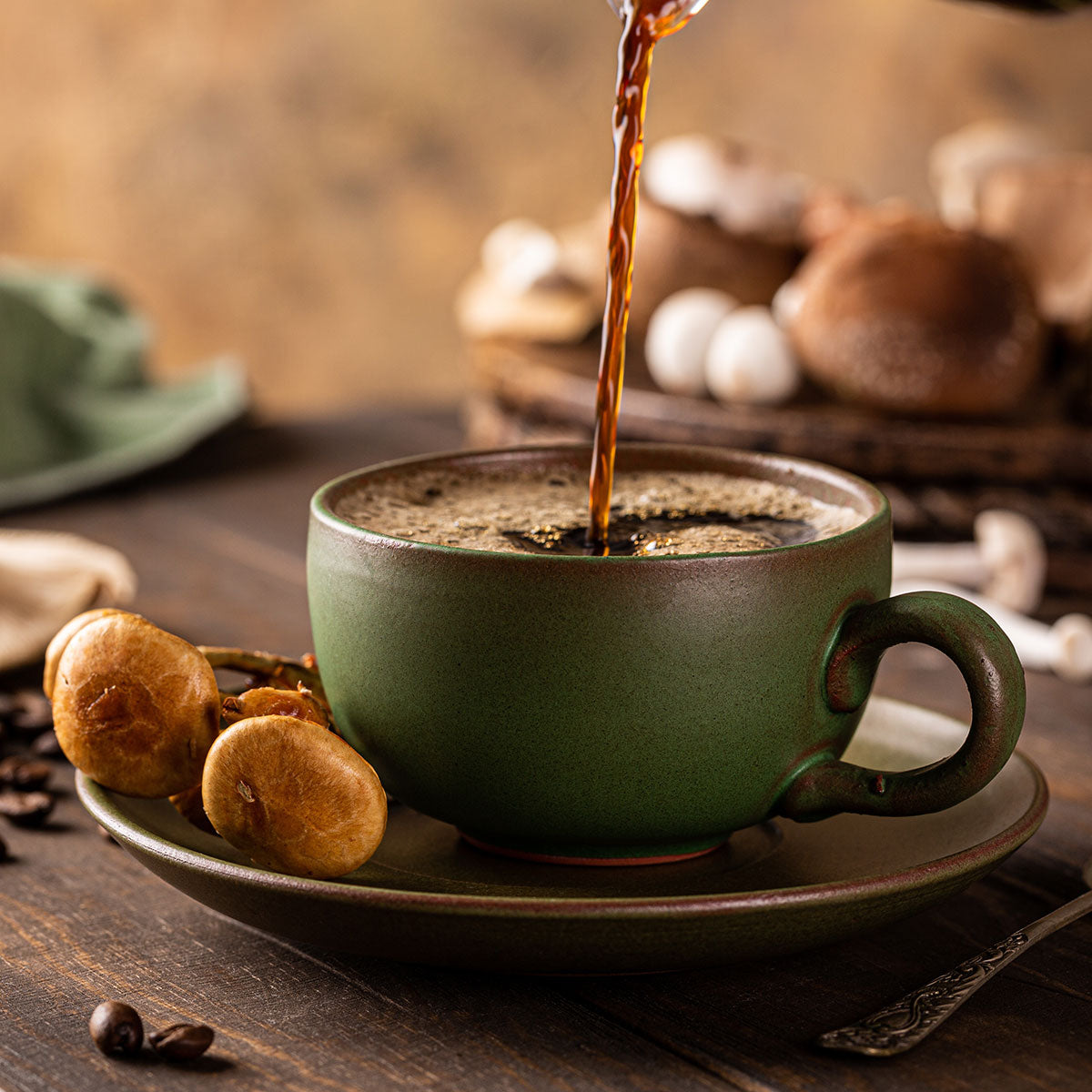
Claire, over to you:
Feeling flat, grumpy and slumpy is pretty normal in January. Take a look around – festive cheer has been chucked out with the limp old Christmas tree. So why are we glum when New Year should be all about exciting new starts? Here’s a quick overview before we give your our happy tips:
1. Seasonal affective disorder (SAD)
Long dark nights, bad weather and lack of sunlight are serious mood killers. Seasonal Affective Disorder, also known as winter depression, is estimated to affect about one in ten people in northern Europe.
2. Emotions get the better of us
The fun and festivities of December are over; you’re back at work, spending less time with family and friends, and you may be feeling exhausted from too much partying!
3. Illness
During the winter months, our immune systems weaken, plus the extra sugar eaten over Christmas exhausts our immunity too, so infections like colds and flu spread through homes and offices like crazy. Getting ill is a huge trigger for feeling depressed and blue.
How To Overcome The Blues:
Cut sugar and carbs
The first nutritional step to improve mood and mental health is to cut out foods that disrupt our blood sugar level, because whenever it is too high or too low, stress hormones are released, so we feel physically and mentally unbalanced:
- Avoid foods packed with sugar and refined carbohydrates like commercial chocolate, biscuits, cakes, muffins, soft drinks, juices, alcoholic drinks. Try making some superfood energy balls instead of sweet treats.
- Caffeine in tea and coffee doesn’t contain sugar, but it triggers the liver to release energy, so it has a similar effect to eating something sweet like a donut. Organic Burst Maca is a caffeine free energiser, improving stamina and endurance, so it’s perfect for keeping you stable. Try 1tsp with warm almond milk for a delicious alternative to your morning coffee.
- Eat foods containing protein and fibre with each meal and snack – these slow down the rate of digestion and stop the energy highs and lows. Grab a natural yoghurt, some nuts, or sprouted seeds to munch your way to stable energy!
Support your second brain
The gut is known as your second brain and it’s where we produce much of our happy neurotransmitter – serotonin. Here are the best foods for maintaining a healthy gut lining:
- Eat naturally fermented foods, which promote good gut bacteria such as kefir, tempeh, miso and sauerkraut every day. The fermented tea kombucha is a wonderfully gut-friendly drink, so get hold of some or try to make your own!
- Protein and essential fats provide the building blocks of a healthy gut lining, so eat some easily absorbed protein sources like Organic Burst Spirulina, soaked nuts and seeds, fish and fish oils every day.
- Organic Burst Chlorella helps maintain a good balance of gut flora, plus it renews cells with iron, manganese, Vitamins B6 & B12.
Catch some sunlight
- When we stay indoors with only artificial light for most of the day, we throw our sleep (circadian) rhythm out of whack, which negatively affects our mood. Counteract this by spending as much time as possible outdoors in the middle of the day to maximise your exposure to natural light – if you can exercise during this time, you’ll get an added natural high.
- Work with your body’s rhythms by going to bed early so you can sleep a little longer in the winter months.
- Lack of Vitamin D can contribute to a depressed mood, so try to eat more foods that contain this important nutrient – go for fish, meat, eggs, mushrooms and get your daily dose of Organic Burst Chlorella, which is known to contain natural Vitamin D.
Happy is just around the corner!










